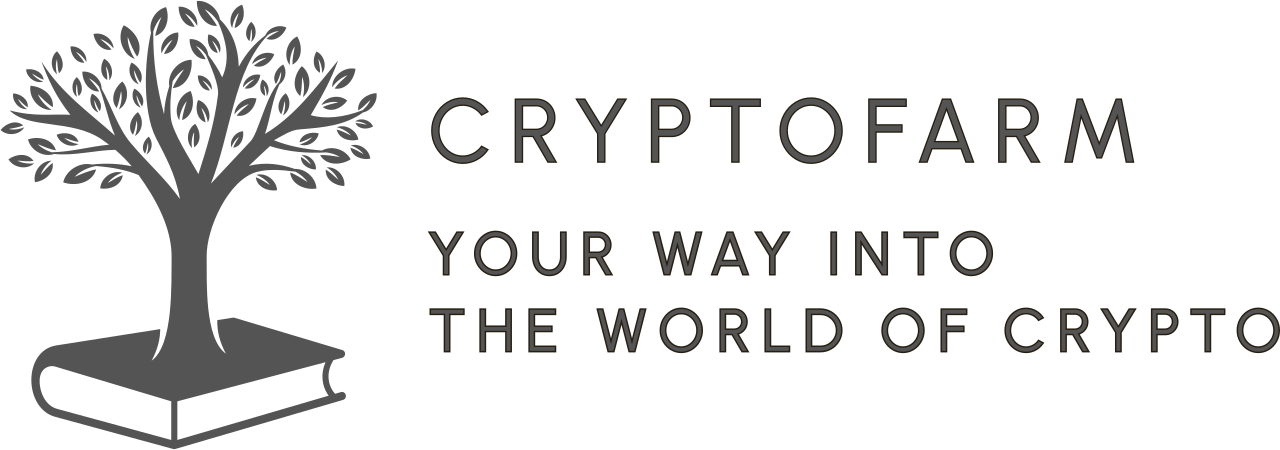The history of Ethereum
- Manuel Baur
- Jun 11, 2024
- 3 min read
At the end of 2013, the Ethereum project was founded by Vitalik Buterin through the creation of a white paper. This is a remarkable development in that Buterin was working on the Mastercoin project at the time.
Together with Mihai Alisie, Anthony Di Iorio, Gavin Wood and Charles Hoskinson, Buterin presented Ethereum for the first time at a Bitcoin conference in Miami at the end of January 2014.
Who is Vitalik Buterin?
Date of birth: 31 January 1994, Moscow, Russia
Education: University of Toronto, Bachelor of Arts in Computer Science and Economics (2014-2018)
Career:
2014: Vitalik Buterin is co-founder of the cryptocurrency Ethereum and leads the development of the public project.
2015: Vitalik helps establish the Ethereum Foundation, a non-profit organisation to promote the further development of Ethereum technology.
2016: Ethereum receives its IPO and market capitalisation reaches a record 8 billion US dollars.
2017: Vitalik is recognised as one of Fortune Magazine's Top 5 Technology Entrepreneurs of the Year.
2018: Vitalik is listed among the "100 Most Influential People in the World" by Time Magazine
2019: Vitalik receives the Austrian Nobel Prize for Digital Currencies
2020: Vitalik launched the Serenity protocol upgrade to protect the Ethereum network from security vulnerabilities and increase scalability.
The Ethereum whitepaper
What is a whitepaper?
A cryptocurrency whitepaper is a comprehensive document that outlines the technical and economic aspects of a particular cryptocurrency. It is usually written by the development team or core members of the currency and serves as a guide for potential investors, miners and users.

A crowdsale was organised to finance the project. The campaign ran from July to September 2014, selling over 50 million Ether created in the Genesis issue. During the first two weeks of the sale, investors were able to purchase 2,000 ETH for one Bitcoin, after which the price fell to 1,339 ETH per BTC. Nearly 90% of the tokens were sold in the first two weeks, raising 31,000 BTC and creating 12 million ETH to fund development and other activities related to Ethereum.
Ethereum has gone through a number of important milestones.
A timeline of all forks and updates to the Ethereum blockchain can be found at the following link.
What is Ethereum and what is Ether?
It is common for the two terms Ethereum and Ether to be confused, as they are related in many ways. While Ethereum is the network that enables the use of smart contracts and transactions, Ether or ETH is the currency used to provide the transaction value and cover the network fees.
All services, protocols and products that run on the Ethereum network use Ether as the currency. Similar to how Bitcoin uses BTC, Ethereum uses Ether.
There is currently no supply cap for ether.
How does Ethereum work?
The Ethereum network used today consists of several important functions. These include:
Smart contracts: self-executing computer programmes that automatically execute a series of rules as soon as certain conditions are met. They can be used to determine when and under what conditions funds change hands in the network. Smart contracts drive many decentralised concepts, including NFTs, DeFi and others.
Ethereum's blockchain: An immutable record of Ethereum's transaction and activity history
Ether: The currency of the Ethereum network
Consensus mechanism: Initially, Ethereum used proof-of-work to validate and record information in the blockchain. However, this algorithm was switched to proof-of-stake as part of the Serenity upgrade.
The Ethereum Virtual Machine (EVM): An important element in the Ethereum machine that executes the network rules and enforces them for all transactions and smart contracts.
Solidity: The programming language of the Ethereum network that is used to write smart contracts, create protocols and decentralised applications, and much more. Solidity is object-orientated and influenced by C++, JavaScript and Python.
You can find a lot more information about Ethereum / Ether ETH and various other altcoins in my online courses.

Commentaires